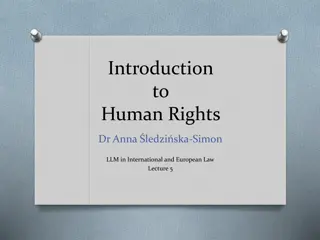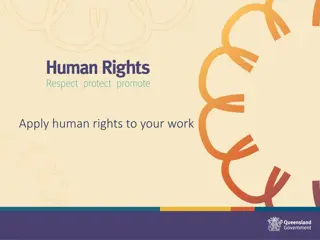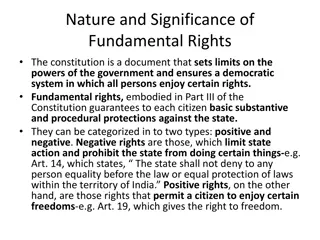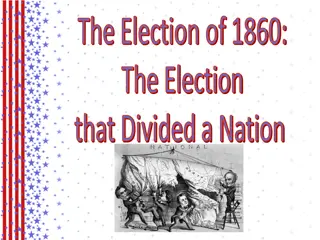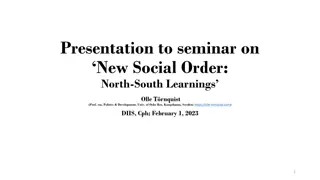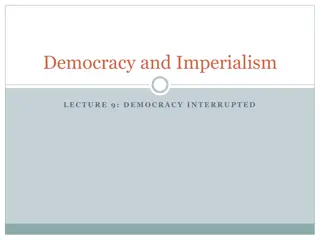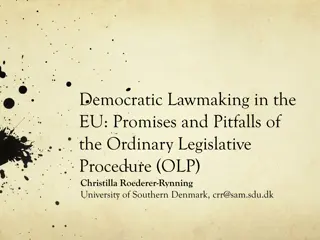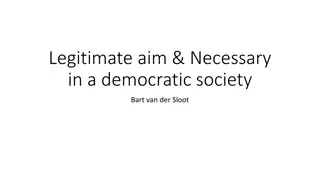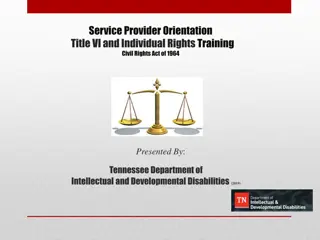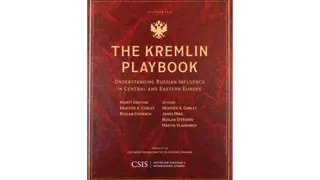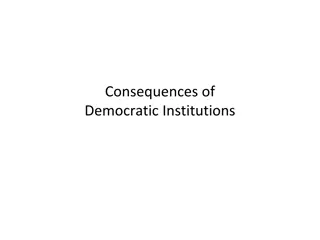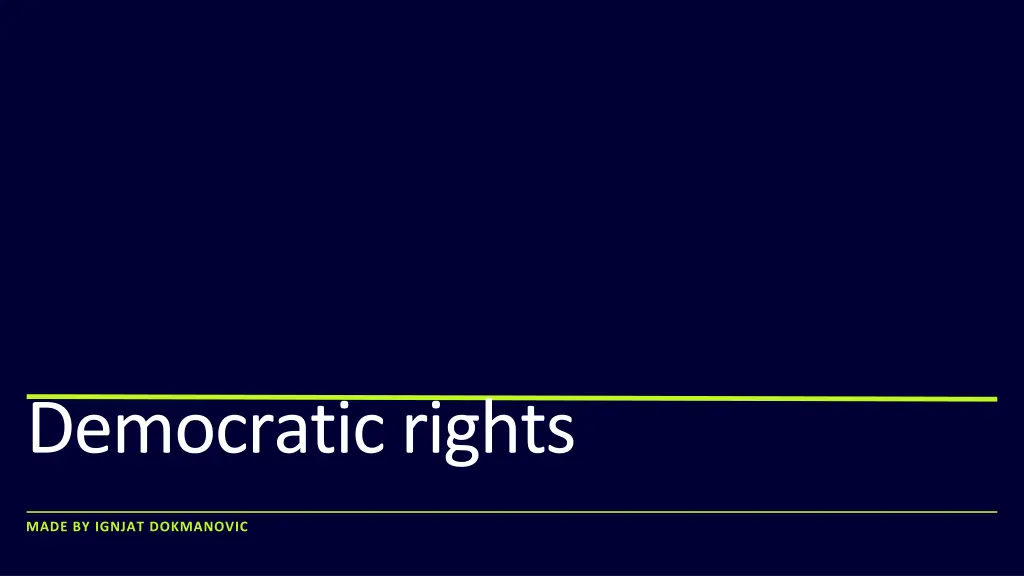
Understanding Democratic Rights and Types of Democracy
Explore the concept of democratic rights and the main types of democracy, including direct and representative democracy. Learn how direct democracy allows people to decide on policy initiatives directly, while representative democracy involves elected officials making decisions on behalf of the people. Discover the importance of democratic rights in shaping governance and international relations.
Download Presentation

Please find below an Image/Link to download the presentation.
The content on the website is provided AS IS for your information and personal use only. It may not be sold, licensed, or shared on other websites without obtaining consent from the author. If you encounter any issues during the download, it is possible that the publisher has removed the file from their server.
You are allowed to download the files provided on this website for personal or commercial use, subject to the condition that they are used lawfully. All files are the property of their respective owners.
The content on the website is provided AS IS for your information and personal use only. It may not be sold, licensed, or shared on other websites without obtaining consent from the author.
E N D
Presentation Transcript
Democratic rights MADE BY IGNJAT DOKMANOVIC
What I did during my exhibition I researched about democratic rights. My key concept is perspective. I am in the Politics group because some parts of politics sounded interesting to me. My line of inquiry is: The importance of democratic rights
The main types of democracy There are two main types of democracy. The first main type of democracy is direct democracy. The second main type of democracy is representative democracy (there are many democracy types to explain and I chose the most frequent ones).
Direct democracy Direct democracy or pure democracy is a form of democracy in which people decide on policy initiatives directly. Direct democracy is also called pure democracy.
Representative democracy Representative democracy is sometimes called indirect democracy or representative government. Nearly all modern Western-style democracies are types of representative democracies; for example, the United Kingdom.
Direct democratic rights People who live in direct democracy decide on policy initiatives directly. In political science, an initiative (also known as a popular or citizens' initiative) is a means by which a petition signed by a certain minimum number voters can force a government to choose to either enact a law or hold a public vote in parliament in what is called indirect initiative. Or under direct initiative, the proposition is immediately put to a plebiscite or referendum, in what is called a Popular initiated Referendum or citizen-initiated referendum. Let me explain it in an easy way. A group can vote for some new law to be introduced, it may even interest other people in helping them. The government can accept them and introduce the law or can make a vote for the whole city to see if they agree to introduce the law From my research I learnt that in direct democracy you have a lot of good rights and that it is not hard to introduce a new law.
Importance of democratic rights Democratic rights are important even outside the country they are in because people vote for their president and the president is important because he/she talks to other presidents and if he/she leaves a bad impact, the country he/she is president will get a serious enemy. So be carful who you vote for president.
Representative democratic rights In a representive democracy people vote for their Representative (not president or mayor). Elected representatives may hold the power to select other representatives, presidents, or other officers of the government or of the legislature, as the Prime Minister in the latter case. (indirect representation). But the power of Representatives is usually toned down because representative democracy is used in places that already have a government type like in the UK they have queen Elizabeth II and Boris Johnson. I learnt that in this type of democracy is really interesting because but it is not a bad type and the rights are good.
Summary U mom istra ivanju za Izlo bu (Exhibition) sam pri ao o glavnim tipovima demokratije i njihovim pravima i bitnosti demokratskih prava.
Conclusion My conclusion is that democratic rights are almost the same but everyone may have a different opinion. Many people have a divided opinion if the rights are good or bad.
Links and sites thet I used for my exhibition https://www.britannica.com/topic/direct-democracy https://study.com/academy/lesson/what-is-representative-democracy-definition-examples-pros- cons.html https://courses.lumenlearning.com/atd-monroecc-americangovernment/chapter/direct-democracy/ https://www.britannica.com/topic/representative-democracy
Action My action is to make flyers and share them to other people and on the flyers I will write about all the information that I found and mentioned in my presentation.

